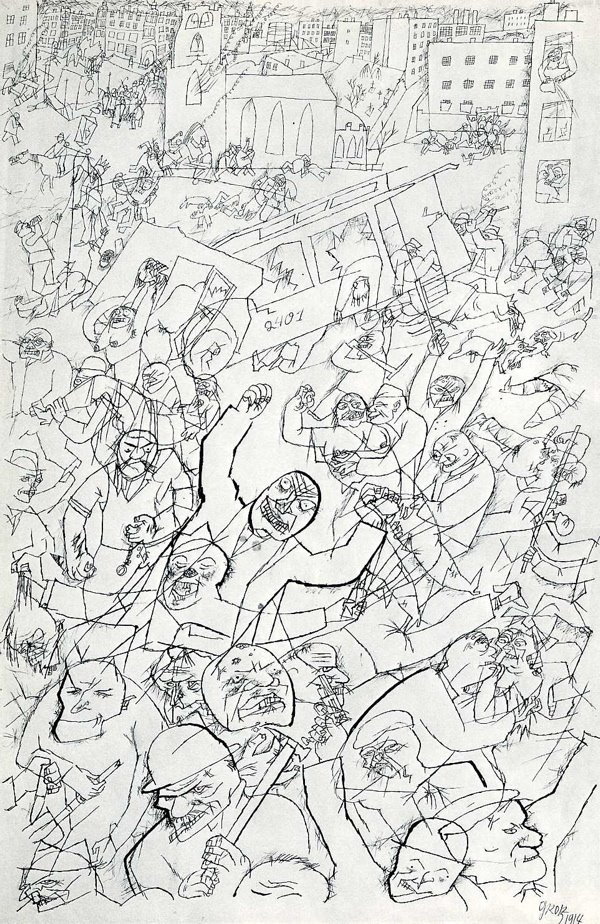BoingBoing links today to the Atlantic Monthly, who has entered the 21st century by making its digital archive available for free.
Here's Harry Levin's 1946 review of Joyce's collected works:
"Joyce renews our apprehension of reality, strengthens our sympathy with our fellow creatures, and leaves us in awe before the mystery of created things."I had initially thought that I would be able to find HG Well's famous review of Portrait in the archives, but it turns out that that was in the New Republic, not The Atlantic Monthly. That review is now also available on line here. The Wells review is a much more interesting document because it captures the tides of modernism in the moment rather than upon its demise. Wells' comment that "Mr. Joyce has a cloacal obsession," is no doubt one of the pithiest lines in the critical literature on Joyce (as well as somehow prescient of the new academic interest in "excremental postcolonialism" [I swear I didn't make up that tag]). But the most famous part of this review is Wells' characterization of the Irish hatred of the British:
And a second thing of immense significance is the fact that everyone in this Dublin story, every human being, accepts as a matter of course, as a thing in nature like the sky and the sea, that the English are to be hated. There is no discrimination in that hatred, there is no gleam of recognition that a considerable number of Englishmen have displayed a very earnest disposition to put matters right with Ireland, there is an absolute absence of any idea of a discussed settlement, any notion of helping the slow-witted Englishman in his three-cornered puzzle between North and South. It is just hate, a cant cultivated to the pitch of monomania, an ungenerous violent direction of the mind. That is the political atmosphere in which Stephen Dedalus grows up, and in which his essentially responsive mind orients itself. I am afraid it is only too true an account of the atmosphere in which a number of brilliant young Irishmen have grown up. What is the good of pretending that the extreme Irish "patriot" is an equivalent and parallel of the English or American liberal? He is narrower and intenser than any English Tory. He will be the natural ally of the Tory in delaying British social and economic reconstruction after the war. He will play into the hands of the Tories by threatening an outbreak and providing the excuse for a militarist reaction in England. It is time the American observer faced the truth of that. No reason in that why England should not do justice to Ireland, but excellent reason for bearing in mind that these bright-green young people across the Channel are something quite different form the liberal English in training and tradition, and absolutely set against helping them. No single book has ever shown how different they are, as completely as this most memorable novel.



1 comment:
you know father d has How the Irish Saved Civilization listed as one of his favourite (<- spelled the british (<- better) way) books? I think the working subtitle was "and the British didn't help, like, at all."
Post a Comment